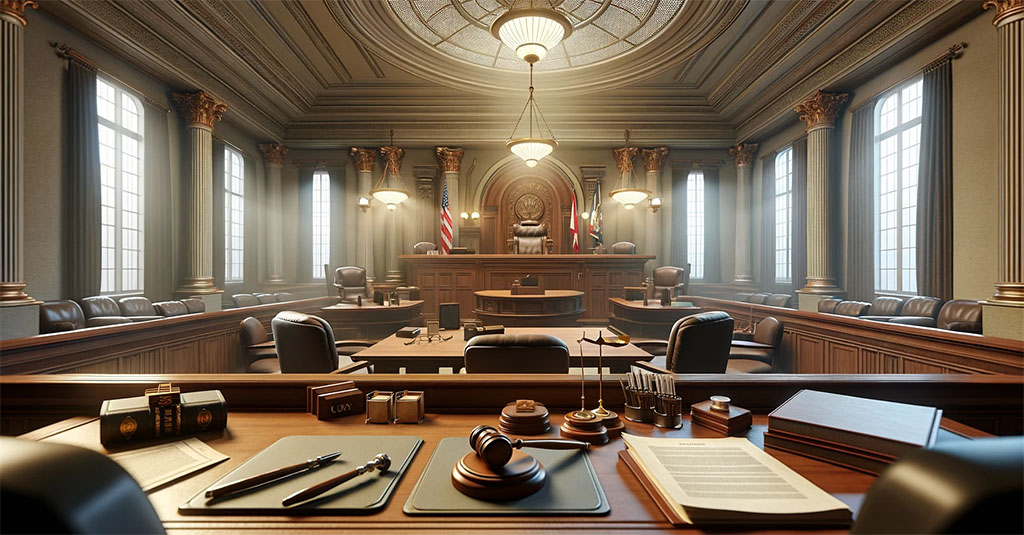
Navigating the legal landscape as a Snorkeling Guide requires awareness and understanding of both international standards and local laws, which can often be complex and varied. While specific laws regarding diving and snorkeling activities might not be extensively detailed in many countries’ legislation, the diving industry itself has taken steps to establish a set of rules and standards. This effort is spearheaded by organizations like the Recreational Scuba Training Council (RSTC), which acts as a global reference by setting minimum standards for training across different levels of instruction. Additionally, the integration of ISO standards tailored to the diving industry marks a significant advancement, offering clear guidelines on training levels, minimum requirements, and content.
Despite these standardized guidelines, the realm of accompanying snorkelers is fraught with regulatory gaps and a plethora of local laws that vary by region. As a Snorkeling Guide, it’s essential to seek out information relevant to your specific location, which can often be obtained through your regional SNSI office. This local insight is crucial for ensuring that your practices are safe, professional and legally compliant.
Beyond the general conduct expected of Snorkeling Guides, it’s important to recognize the necessity of adhering to broader applicable regulations, including tax laws. The legal ramifications of a Snorkeling Guide’s actions or omissions can extend into both civil and criminal jurisdictions. In civil cases, wrongful conduct resulting in harm could lead to liability for damages, whereas criminal actions could result in penalties ranging from fines to imprisonment, depending on the severity of the offense.
This complex legal framework emphasizes the critical need for Snorkeling Guides to possess a comprehensive understanding of and compliance with both diving standards and the wider spectrum of legal responsibilities. Ensuring adherence to these standards not only protects the guide and participants but also upholds the integrity and safety of the snorkeling activity itself.
Civil Liability
For civil liability to arise in the event of an accident, it must be established that the Snorkeling Guide either intentionally caused harm to the victim or acted in a reckless, negligent, or incompetent manner. Essentially, the Snorkeling Guide must have behaved inappropriately for the role they were performing, and this behavior must have directly caused harm to the snorkeler.
In such an accident, the burden of proof lies with the person who suffered the harm. They must demonstrate the Snorkeling Guide’s intent or negligence. If a judge finds the Snorkeling Guide responsible for causing damage to third parties, they will be required to compensate the injured party financially. Therefore, one of the prerequisites for SNSI Snorkeling Guide certification is securing insurance coverage for third-party liability.
However, even with insurance coverage, as an SNSI member, your primary objective should be to ensure no one gets injured in any diving activity you lead, rather than just avoiding civil or criminal liability. It’s crucial to avoid creating situations that could lead to questions of fault.
Chapter 2 of this manual will provide guidance on conducting snorkeling excursions. This information is key to maintaining high safety standards for snorkelers and to prevent being found at fault in the event of an accident that leads to legal proceedings.
Professional Liability
Guiding snorkeling on excursions is an intellectual endeavor and a professional activity, subjecting it to specific standards of due diligence. This due diligence is assessed in relation to the specific nature of the activity performed. It’s important to note that this assessment doesn’t refer to the diligence expected of an average person but rather to that of the average Snorkeling Guide.
In fulfilling their professional duties, Snorkeling Guides are required to act with diligence and adhere to the established rules for practicing their profession. This means that a Snorkeling Guide must follow the SNSI Standards and criteria, avoiding any abnormal or non-standard conduct. These SNSI Standards form the core “rules” for Snorkeling activities conducted by SNSI members and can have legal significance. Courts may reference these standards to determine whether a Snorkeling Guide has correctly carried out their duties in the event of a dispute or legal proceeding.
Therefore, a thorough understanding and strict adherence to these standards are critical for Snorkeling Guides, both for the safety of the Snorkelers under their guidance and to ensure their professional conduct aligns with legal and industry expectations.
Criteria for Assessing the Snorkeling Guide’s Behavior
The Snorkeling Guide, as a guide, has a responsibility to recognize and prevent dangerous situations due to their training and expertise, and to act accordingly in such situations.
It’s important to note that a Snorkeling Guide cannot be held liable for harm caused by the failure of reckless or undisciplined people who do not follow the instructions provided. A Snorkeling Guide cannot physically compel unruly snorkelers to comply with their guidance.
When assessing a Snorkeling Guide’s behavior, two key parameters should be considered:
Foresee-ability and Avoidance: The primary criterion for judgment should be the combination of foreseeing potential dangerous situations and taking steps to avoid them. The Snorkeling Guide must be proactive in identifying risks and implementing measures to prevent accidents.
Professionalism Despite a Relaxed Atmosphere: While a relaxed and enjoyable atmosphere is often part of diving experiences, it should not lead to superficial behavior on the part of the Snorkeling Guide. Any relaxed climate created during an excursion should not be considered a mitigating factor in evaluating the Snorkeling Guide’s behavior. The Snorkeling Guide must maintain a professional demeanor and a high standard of safety, regardless of the casual nature of the activity.
These criteria underscore the importance of the Snorkeling Guide’s role in managing group dynamics and safety, while balancing the need for an enjoyable Snorkeling experience with the imperative of maintaining professional conduct at all times.